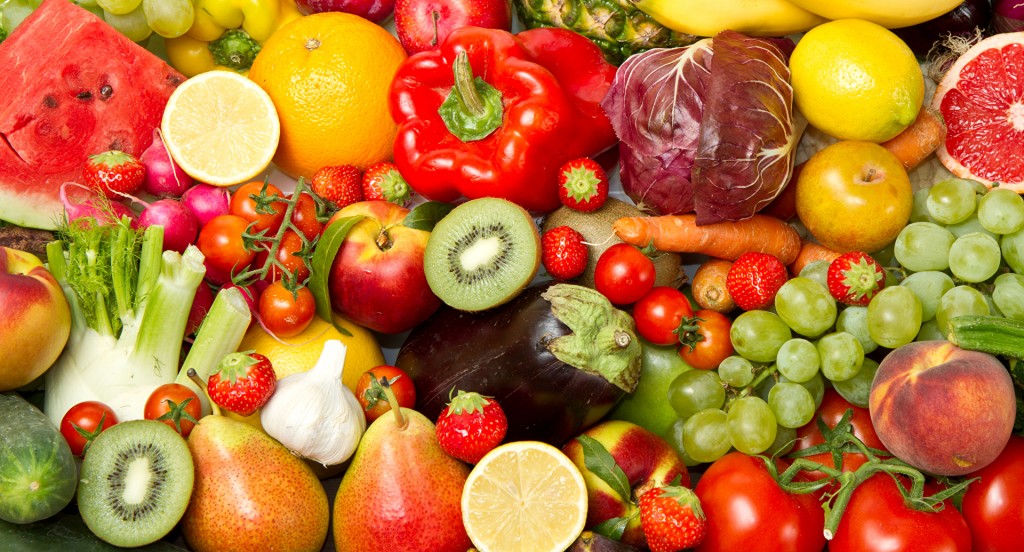Men may see a loss in energy levels, stamina, and muscle mass as they get older. While these changes are a normal part of aging, men can take measures to increase their testosterone levels, energy levels, and general well-being. Consuming supplements and vital nutrients that promote healthy testosterone levels, energy generation, and the muscular building is one approach to achieving this. This blog will discuss the essential nutrients that promote men’s energy and stamina as well as how to include these nutrients in your diet.
1. Zinc
An essential hormone that is essential to a man’s health is testosterone. It is in charge of preserving a number of components of men’s health, including muscular mass, bone density, and sex drive. Fatigue, a loss of muscular mass, and a change in sexual desire are just a few of the symptoms that might emerge when testosterone levels drop.
Zinc is one of the important elements that might help increase testosterone levels. Men must ingest sufficient levels of zinc because this mineral is essential for the manufacturing of testosterone. Numerous foods include it, such as oysters, cattle, poultry, and beans. Although zinc is present in many foods, many men do not get enough of it in their diets, which can cause their testosterone levels to drop.
It is essential for men to think about including foods high in zinc in their diets to guarantee optimal zinc intake. This can be accomplished by increasing the number of oysters, steaks, poultry, and legumes in their diet. A quick and simple method to make sure that men get the zinc they need to sustain healthy testosterone levels is to take zinc-based instant energy tablets.
2. Iron
Another necessary component, iron, is crucial for maintaining men’s energy levels. This element is in charge of transporting oxygen from the lungs to the cells, where it is used to generate energy. Low iron levels can lead to diminished vitality, exhaustion, impaired muscle function, and a reduction in general health.
Several animal-based foods, including red meat, chicken, and fish, contain iron. Heme iron, which is more readily absorbed by the body, is present in abundance in certain foods. Legumes, nuts, and whole grains are examples of plant-based sources of non-heme iron. Non-heme iron can still be a great source of iron for men who want to boost their intake, despite the fact that it is not as quickly absorbed by the body.
Using cast-iron cookware when preparing meals is another way for men to improve their intake of iron. Given that some iron can seep into the food while cooking, this sort of cookware can assist boost the iron content of the food that is cooked in it. This makes it a fantastic choice for men who want to eat more iron and support their energy levels.
3. Creatine
Meat, fish, and poultry all include the naturally occurring amino acid creatine. This vitamin is essential for boosting stamina and sustaining athletic performance. Creatine functions as an energy reserve that can be used during strenuous sports like weightlifting or sprinting when it is stored in the muscles. Men can increase their stamina, muscle mass, and general physical ability by taking proper doses of creatine.
Although it can be obtained through diet, many men decide to take a creatine supplement to make sure they are getting enough. This is due to the fact that it can be challenging to get enough creatinine by diet alone, especially for people who want to improve their athletic ability. To be sure a creatine supplement is safe and suitable for you, however, speak with your doctor before taking one.
While creatine has been proven to be safe and beneficial for the majority of people, it is crucial to keep in mind that some people may experience negative side effects such as stomach discomfort, dehydration, and weight gain. It is essential to adhere to the dosage recommendations on the supplement label and to consume lots of water to maintain hydration in order to reduce these dangers.
4. Protein
Protein is a necessary ingredient that is required for maintaining and building muscle. Amino acids, the component that provides muscle tissue its structure, make up its composition. Men can boost muscular growth, improve athletic performance, and preserve muscle mass as they age by consuming enough protein.
Animal-based foods like meat, poultry, fish, and dairy items are all good sources of protein. These meals are regarded as complete proteins because they have all of the necessary amino acids for the body to sustain and develop muscle tissue. Men who want to improve their protein intake can choose plant-based sources of protein such as legumes, nuts, and whole grains.
Men should try to consume about 1 gram of protein per pound of body weight each day to promote muscular growth and maintenance. A 200-pound male, for instance, should try to eat about 200 grams of protein per day. If desired, this can be accomplished by combining dietary sources and protein supplements.
5. Omega-3 fatty acids:
Omega-3 fatty acids are a type of essential fatty acid that play important roles in maintaining overall health. They are called “essential” because the body cannot produce them on its own and must obtain them through diet or supplementation.
Omega-3 fatty acids have been shown to have numerous health benefits, particularly for heart health. They can help lower triglycerides (a type of blood fat), reduce inflammation, and decrease the risk of heart disease.
Omega-3s have also been linked to improved brain health, including better cognitive function and a reduced risk of depression and dementia. Additionally, they may have anti-inflammatory effects that can benefit joint health and reduce the risk of certain types of cancer.
Good dietary sources of omega-3 fatty acids include fatty fish, such as salmon and tuna, as well as flaxseeds, chia seeds, and walnuts. For those who do not consume enough omega-3s through diet alone, supplements are also available. However, as with any supplement, it’s important to talk to a healthcare professional before starting to take omega-3 supplements.
6. Magnesium
Magnesium is a mineral that is involved in many important functions in the body. It plays a key role in energy metabolism, as it is required for the production of ATP, the body’s primary source of energy. It is also important for muscle function, including the contraction and relaxation of muscles.
Magnesium has been linked to numerous health benefits, including improved bone health, reduced inflammation, and a lower risk of heart disease. It may also help regulate blood sugar levels and lower the risk of developing type 2 diabetes.
In addition, magnesium is important for brain health and may help reduce the risk of depression, anxiety, and other mental health disorders. It has also been shown to improve sleep quality, which can have positive effects on overall health and well-being.
Good dietary sources of magnesium include leafy green vegetables, nuts, seeds, and whole grains. However, many people do not consume enough magnesium through diet alone, and supplements are also available. As with any supplement, it’s important to talk to a healthcare professional before starting to take magnesium supplements.
7. Balanced Diet
A balanced diet is essential for the health and well-being of men. It offers the vital nutrients that the body requires in order to operate effectively and keep energy levels up. A diet high in fruits, vegetables, whole grains, and healthy fats can improve athletic performance, support general health, and lower the risk of chronic diseases. A good healthy diet is very important for staying fit.
In large quantities, fruits and vegetables include vitamins, minerals, and antioxidants. These nutrients are necessary for producing energy and maintaining general health. Consuming a wide range of nutrients and lowering your risk of nutrient deficiencies can both be facilitated by eating a variety of colored fruits and vegetables.
Fiber, which can aid with digestion, control blood sugar levels, and support heart health, is abundant in whole grains. Additionally, whole grains might make you feel fuller for longer, which can help you control your weight by preventing overeating.
Heart health, hormone synthesis, and brain function all benefit from consuming healthy fats like monounsaturated and polyunsaturated fats. Additionally, they can assist boost energy levels and improve physical performance. Healthy fats can be found in abundance in foods like avocados, almonds, seeds, and fatty fish like salmon.
Additionally crucial to general health and energy generation is staying hydrated. It supports digestion, aids in body temperature control, and moves nutrients across the body. Try to consume at least 8 glasses of water each day, more if you are an active person.


